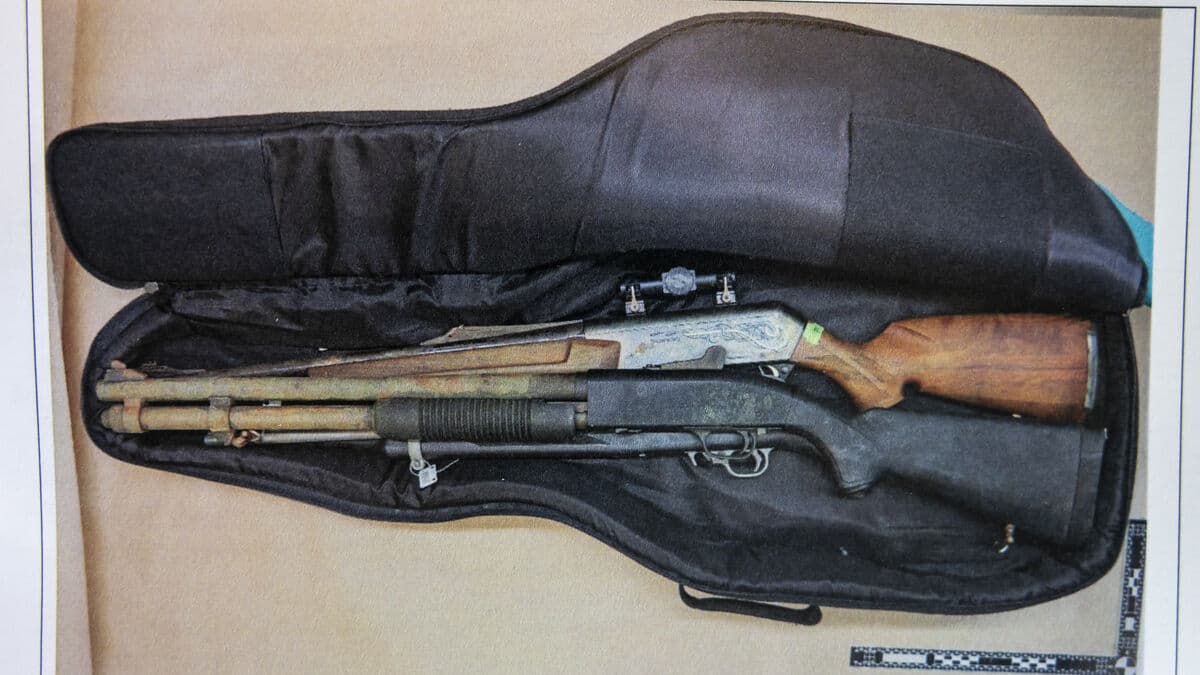To prevent deadly violence and suicide with legal weapons, healthcare staff should report when a person is deemed medically unsuitable to possess weapons. Thereafter, the Police Authority should revoke the person's firearm license.
But there are deficiencies in how the regulations are followed, according to a new report from the National Board of Health and Welfare and the Police Authority.
We see, for example, that the differences between the regions are large, how they do and what routines they have for the reporting obligation, says Björn Eriksson.
Risk diagnoses are missed
Psychiatry is generally best at following the reporting obligation. But more parts of the care chain need to update their routines and knowledge continuously, according to Eriksson.
The National Board of Health and Welfare's analysis shows that, for example, suicides with firearms occur to a greater extent among people with somatic conditions, such as prostate cancer or other types of pain. Such diagnoses, however, are not found among people who have been deemed unsuitable to possess weapons.
The report was commissioned by the government, after the mass shooting at Campus Risbergska in Örebro on February 4, when ten people were killed with hunting weapons that the perpetrator Rickard Andersson had a license for.
The motive behind the massacre was, according to the police, Andersson's desire to take his own life and to take out his aggressions. Rickard Andersson was also under the influence of drugs. However, it is not possible to draw any conclusions about whether better supervision could have prevented the act.
Can prevent acts
A better functioning reporting obligation would, on the other hand, in practice mean that more people will have to hand in their weapons, according to Björn Eriksson.
A better supervision and more people being reported could prevent more suicides and perhaps more deadly violence in the future, he says.
Doctors must report to the Police Authority if a patient is deemed medically unsuitable to possess firearms or ammunition.
This applies, for example, in the case of mental illness, abuse, severe cognitive impairment or other medical influence that may pose a risk.
The reporting obligation takes precedence over the duty of confidentiality – the doctor is obliged to report despite secrecy if there is a risk to one's own or others' safety.
After the report, the Police Authority should review whether the firearm license should be revoked.
Source: National Board of Health and Welfare






